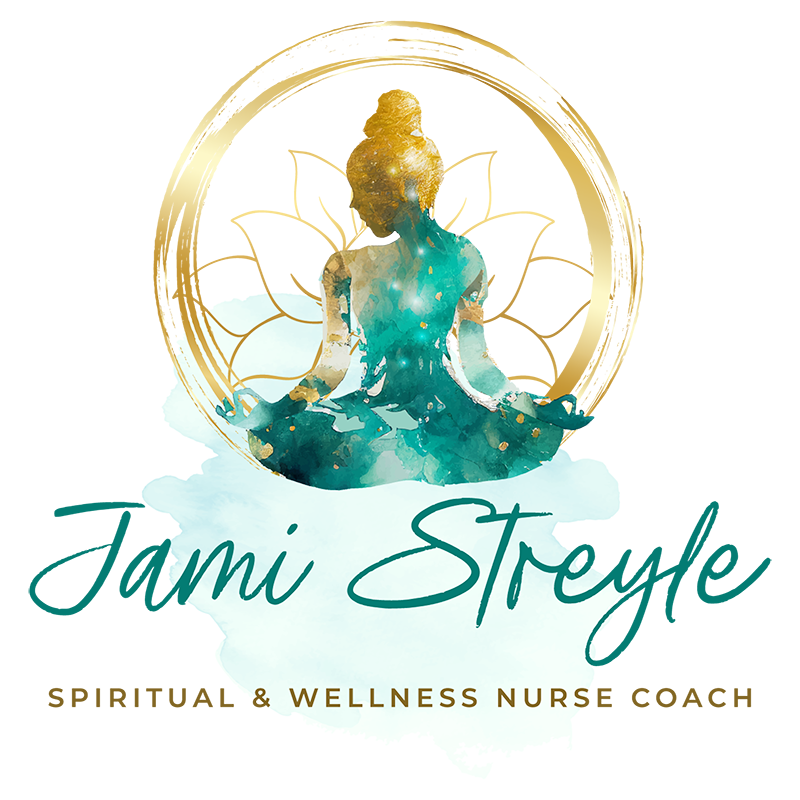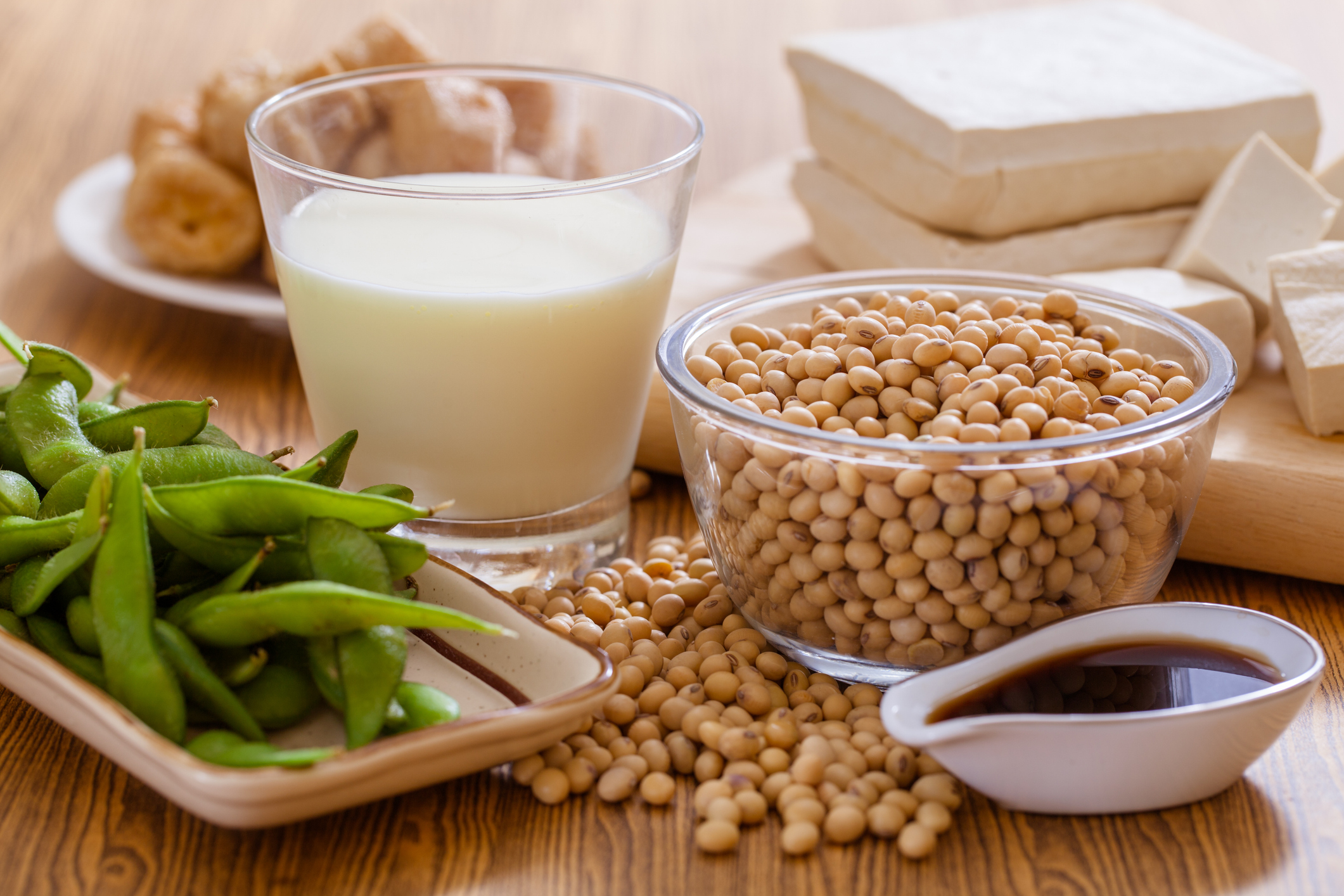
Soy Myths vs. Science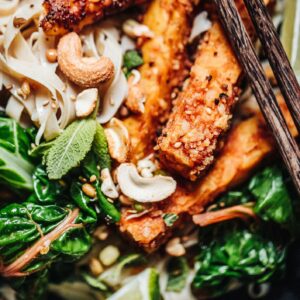
Soy has long been the subject of health debates, often caught in the crossfire of misinformation and fear-based nutrition advice. Somewhere along the way, soy went from being praised in traditional Asian diets to being labeled as dangerous, especially in the West. So, what’s the truth? Is soy bad for you—or is it actually a misunderstood superfood?
Let’s break it down.
Myth #1: Soy Contains Estrogen and Causes Hormonal Imbalance
No.
This is probably the most common soy myth out there. The truth is: soy contains phytoestrogens, not estrogen. Phytoestrogens are plant-based compounds that mildly mimic estrogen in the body, but they don’t act the same way as human estrogen.
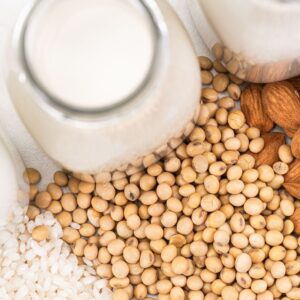 In fact, rather than disrupting hormones, phytoestrogens can actually help balance hormones. Studies have shown that soy may help reduce the risk of hormone-related cancers like breast and prostate cancer—not cause them—particularly when consumed as whole foods like tofu, tempeh, edamame, and soy milk.
In fact, rather than disrupting hormones, phytoestrogens can actually help balance hormones. Studies have shown that soy may help reduce the risk of hormone-related cancers like breast and prostate cancer—not cause them—particularly when consumed as whole foods like tofu, tempeh, edamame, and soy milk.
Myth #2: Soy Causes Breast Cancer
No.
This myth stems from early animal studies, but in humans, the data tells a different story. Large-scale population studies, especially in Asian countries where soy intake is high, show reduced breast cancer risk and improved survival rates in women who regularly consume soy.
The American Cancer Society and other major health organizations have clarified: soy is safe and beneficial for breast cancer survivors.
Myth #3: Soy is Genetically Modified and Unhealthy

No.
It’s true that much of the soy grown in the U.S. is genetically modified, but it’s important to distinguish between whole soy foods and soy used in processed foods or animal feed.
When buying soy products like organic tofu, tempeh, or unsweetened soy milk, look for non-GMO and organic labels. These forms of soy are minimally processed and full of nutrients like:
- Complete plant-based protein
- Fiber
- B vitamins
- Iron
- Calcium (in fortified soy milk)
The Real Benefits of Soy

- 🌱 Heart Health: Soy helps lower LDL cholesterol and may reduce the risk of heart disease.
- 🦴 Bone Health: Soy’s isoflavones may support bone density, especially in postmenopausal women.
- 🍲 Protein Power: It’s one of the few plant foods that contain all nine essential amino acids, making it a fantastic source of plant-based protein.
- 🌿 Cancer Protection: Emerging research supports soy’s protective role against certain cancers, particularly when consumed from a young age.
So, Should You Eat Soy?
Absolutely—especially if it’s part of a whole-food, plant-based diet. Like anything, moderation and quality matter. Stick with:
- Tofu
- Tempeh
- Edamame
- Miso
- Unsweetened soy milk
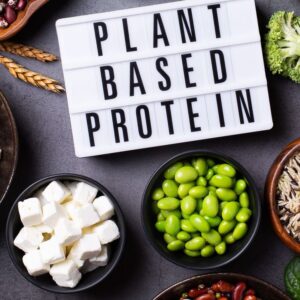 And try to avoid ultra-processed soy derivatives in junk food.
And try to avoid ultra-processed soy derivatives in junk food.
Give Soy a Chance
Soy isn’t the enemy—it’s actually a nutritional ally. The fear surrounding it is largely unfounded and not supported by the current scientific evidence. When eaten in its whole or minimally processed form, soy can be a powerful part of a balanced, plant-based lifestyle.
So next time you stir-fry tofu or sip on a soy latte, know that you’re doing something good for your body. 💚
In loving kindness,
 Jami Streyle
Jami Streyle
RN, MS, MA, HWNC-BC, HNB-BC
Jami@bodyofgraceliving.com
Share This Story
Stay Updated
Sign up to receive the latest news and tips from Body of Grace Living.

